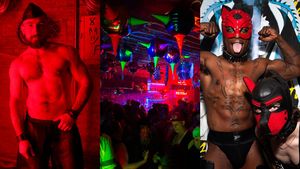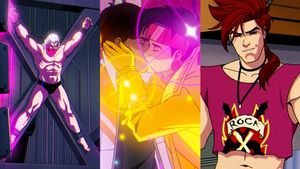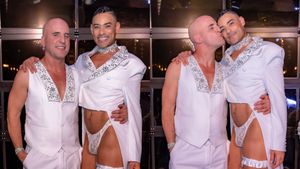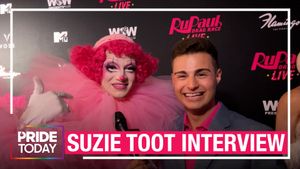 There is no shortage of tributes to or profiles of transgender activist and pioneer Sylvia Rivera, but perhaps today, on what would have been her 63rd birthday, the world could use one more.
There is no shortage of tributes to or profiles of transgender activist and pioneer Sylvia Rivera, but perhaps today, on what would have been her 63rd birthday, the world could use one more.
At a time when some argue that we're forgetting our queer history, and others are questioning whether trans people even have a place in the modern LGBT movement, it's important to prevent those with a vested interest in whitewashing the origins of the "gay rights movement" from doing so.
Rivera, a transgender woman of Puerto Rican and Venezuelan descent, was one of the key players in the early gay rights movement -- being a founding member of numerous gay and trans advocacy groups and a veteran of the Stonewall riots.
No, the Stonewall riots were not led by just a group of gay men, but rather, gay men, lesbians, butches, femmes, drag performers, and transgender people -- all fighting together, all pushing back against New York City's oppressive laws that frequently labeled gender and sexual minorities as social deviants and criminals.
Rivera's telling of the events of that evening, June 28, 1969, is probably best as is. The speech below, delivered a year before her death, is soaked with frustration of a lifetime of having to fight both outer-movement forces as well as those within who wished to erase trans identities and write us out of legislation.
"The night of the Stonewall [riots], it happened to be the week that Judy Garland had committed suicide. Some people say that the riots started because of Judy Garland's death. That's a myth. We were all involved in different struggles, including myself and many other transgender people. But in these struggles, in the Civil Rights movement, in the war movement, in the women's movement, we were still outcasts. The only reason they tolerated the transgender community in some of these movements was because we were gung-ho, we were front liners. We didn't take no shit from nobody. We had nothing to lose. You all had rights. We had nothing to lose. I'll be the first one to step on any organization, any politician's toes if I have to, to get the rights for my community.
"Back to the story: we were all in the bar, having a good time. Lights flashed on, we knew what was coming -- it's a raid. This is the second time in one week that the bar was raided. Common practice says the police from the 6th Precinct would come in to each gay bar and collect their payoff. Routine was, 'f****ts over here, dykes over here, and freaks over there,' referring to my side of the community. If you did not have three pieces of male attire on you, you were going to jail. Just like a butch dyke would have to have three pieces of female clothing, or he was going to jail. The night goes on, you know, they proof you for ID, you know, back then you could get away with anything. Fake IDs were great back then, because I wasn't even 18 yet. I was gonna turn 18. We are led out of the bar. The routine was that the cops get their payoff, they confiscate the liquor, if you were a bartender you would snatch the money as soon as the lights went on because you would never see that money again. A padlock would go on the door. What we did, back then, was disappear to a coffee shop or any place in the neighborhood for 15 minutes. You come back, the Mafia was there cutting the padlock off, bringing in more liquor, and back to business as usual.
"Well, it just so happened that that night it was muggy; everybody was being, I guess, cranky; a lot of us were involved in different struggles; and instead of dispersing, we went across the street. Part of history forgets, that as the cops are inside the bar, the confrontation started outside by throwing change at the police. We started with the pennies, the nickels, the quarters, and the dimes. 'Here's your payoff, you pigs! You fucking pigs! Get out of our faces.' This was started by the street queens of that era, which I was part of, Marsha P. Johnson, and many others that are not here. I'm lucky to be 50 in July, but I'm still here and I'll be damned if I won't see 100.
"One thing led to another. The confrontation got so hot, that Inspector [Seymour] Pine, who headed this raid -- him and his men had to barricade themselves in our bar, because they could not get out. The people that they had arrested, they had to take into the bar with them, because there was no police backup for them. But seriously, as history tells it, to this day, we don't know who cut the phone lines! So they could not get the call to the 6th Precinct. Number one, Inspector Pine was not welcome in the 6th Precinct because he had just been appointed to stop the corruption and, you know, what they called back then, we were a bunch of deviants, perverts. So he was there for that purpose, so who knows if one of his own men didn't do it, that was, you know, taking a payoff himself.
"The police and the people that were arrested were barricaded inside this bar, with a Village Voice reporter, who proceeded to tell his story, in the paper, that he was handed a gun. The cops were actually so afraid of us that night that if we had busted through that bar's door, they were gonna shoot. They were ordered to shoot if that door busted open. Someone yanked a parking meter out the floor, which was loose, because it's very hard to get a parking meter out of the ground. It was loose, you know, I don't know how it got loose. But that was being rammed into the door.
"People have also asked me, 'Was it a pre-planned riot?,' because out of nowhere, Molotov cocktails showed up. I have been given the credit for throwing the first Molotov cocktail by many historians but I always like to correct it; I threw the second one, I did not throw the first one! And I didn't even know what a Molotov cocktail was; I'm holding this thing that's lit and I'm like 'What the hell am I supposed to do with this?' 'Throw it before it blows!' 'OK!'"
 Rivera cofounded groups like the Gay Liberation Front, the Gay Activists Alliance, and Street Transvestites Action Revolutionaries (STAR). The latter group renamed itself Street Transgender Action Revolutionaries.
Rivera cofounded groups like the Gay Liberation Front, the Gay Activists Alliance, and Street Transvestites Action Revolutionaries (STAR). The latter group renamed itself Street Transgender Action Revolutionaries.
As time went on, Rivera noted the larger "gay rights" movement's attempts to distance itself from transgender activists, leading her to become disillusioned with leadership within the larger movement.
After repeated failed attempts to include transgender individuals in statewide and national nondiscrimination bills, Rivera made her disdain for the organizations leading the charge clear.
According to Michael Bronski, Rivera had this to say about the Human Rights Campaign shortly before her death more than a decade ago:
"One of our main goals now is to destroy the Human Rights Campaign, because I'm tired of sitting on the back of the bumper. It's not even the back of the bus anymore -- it's the back of the bumper. The bitch on wheels is back."
In speeches, she was fiery, not satisfied with being the token trans person of any group, of any movement; she would often claw her way to microphones to demand a chance to speak.
y'all better quiet down! from reina july on Vimeo.
For Rivera, trans and gender-nonconforming individuals were the forgotten members of the gay rights movement, and those best hidden away. Feeling scorned, Rivera spent her life fighting back, pushing back, and committing what so many are so quick to label as "in-fighting." In reality, she was simply sick of seeing the mainstream gay rights movement see all these monumental advances, while trans people -- like Rivera and Marsha P. Johnson -- were left in the dust, despite playing key roles in its origin.
"When things started getting more mainstream," Rivera said in a 1995 Village Voice interview, "it was like, 'We don't need [trans people] anymore.'"
A fighter until the very end, Rivera died of liver disease February 19, 2002, at the age of 50. Much of her life, Rivera identified as a drag queen, as really, no other term quite fit. It is important to remember where we came from, and look at who our fighters were. It is important to keep "queer history" in mind without resorting to a revisionist version of that history. It is important to understand how and why the "T" belongs in this movement.
A passionate advocate for protecting the most vulnerable of our society, Sylvia Rivera is one of those reminders.
PARKER MARIE MOLLOY is the founder ofPark That Carand works as a freelance writer. She has contributed writing toRolling Stone, Salon, The Huffington Post,Talking Points Memo, and The New York Timesas well asThe Advocate.Follow her on Twitter @ParkerMolloy.
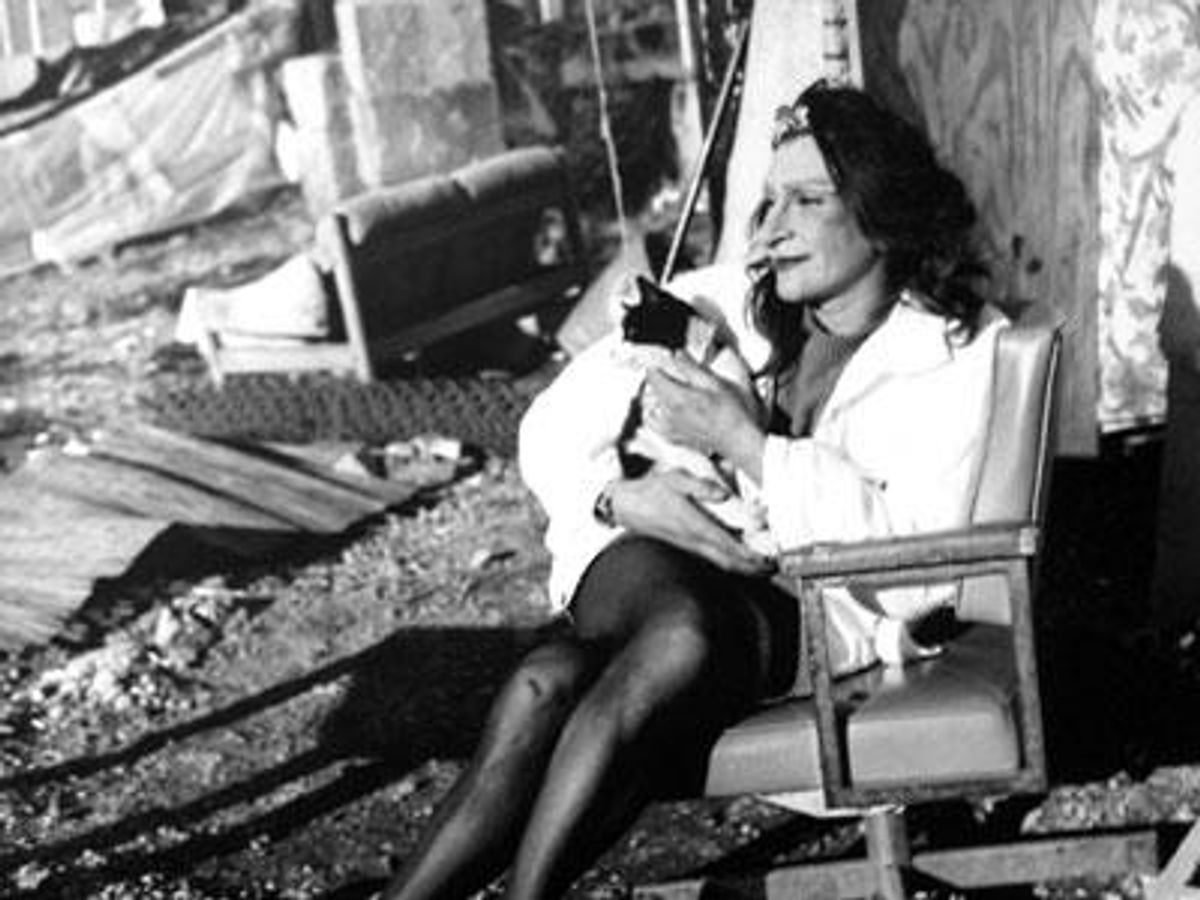

 There is no shortage of tributes to or profiles of
There is no shortage of tributes to or profiles of 



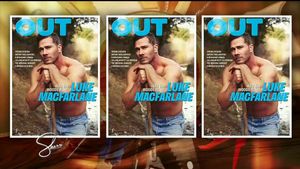





















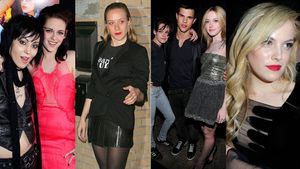

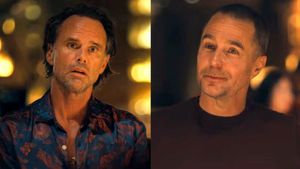

 Rivera cofounded groups like the Gay Liberation Front, the Gay Activists Alliance, and Street Transvestites Action Revolutionaries (STAR). The latter group renamed itself Street Transgender Action Revolutionaries.
Rivera cofounded groups like the Gay Liberation Front, the Gay Activists Alliance, and Street Transvestites Action Revolutionaries (STAR). The latter group renamed itself Street Transgender Action Revolutionaries.








